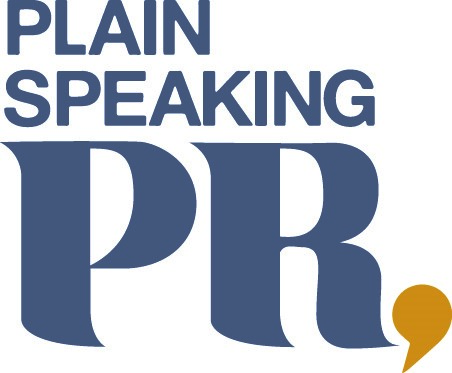
In this month’s column, certified hypnotherapist and critical care nurse Sam Grainger discusses the impact of negative gossip in the workplace – and what you can do to stop it
I am pretty sure we have all been guilty of taking part in a good old gossip: “Have you heard….” or “What do you think of…”. It can make you feel you are part of a group, being invited into this sharing of information about someone else. There is even evidence to suggest that gossip can be positive as it allows the building of relationships in the workplace. I am guessing if someone asked you what you thought of gossip, you would say it’s wrong, you wouldn’t get involved or partake in the spreading of rumours. Are you sure?
“Everyone gossips”, according to Cornelia H Dudley Professor of Psychology, at Knox College in the US. And research by the University of California found that the average person spends 58 minutes a day gossiping. That’s quite a lot if you add it up over time.
Gossip is defined as talking about someone who is not present, it’s often used to entertain and if it is neutral, it causes no harm. However, we all know somebody starts a story – maybe true-maybe not, and then as it spreads each person adds their own “thread” to the story and so it continues until it becomes a completely different story.
So, what is the impact of “negative” gossip on an individual’s wellbeing? Negative gossip is a form of bullying. The person who is the subject of the gossip is unable to challenge the story. It can damage their reputation and have an effect on their mental health. In its extreme form the damage caused by gossip is difficult to undo. This type of toxic environment leads to hostile relationships in the work environment.
Let’s look at an example: “Did you hear Alice is having a baby” is harmless, providing this is information that can be shared, and you have not been asked to keep it to yourself; but “Did you hear Alice is having a baby” – “I know and have you heard who the father is” is malicious gossip or tittle tattle.
How can you identify negative gossip?
- There is a negative tone to the conversation, and it can appear nasty.
- The gossiper seems to take pleasure in the suffering or misfortune of someone else.
- You would not want to discuss what you had heard with the person discussed.
What is the impact of negative gossip?
- It can damage workplace relationships. Would you trust that the person spreading the rumours is not gossiping about you? The person who is the target of the gossip when they find out they will lose trust in their colleagues. They have identified themselves as untrustworthy. This affects the overall work environment- Trust is what builds a positive work environment.
- It lowers morale. Individuals can feel vulnerable in a negative environment. They may feel stress and anxiety arises from working in this toxic environment. This can affect sickness and cause a high turnover of staff.
- It hurts feelings and reputations. This can be very damaging to a person’s reputation and once an opinion sticks it’s very difficult to change that opinion whether it is true or not. This in its extreme form can lead to a decline in mental health, depression, and anxiety.
What part can you play in stopping the gossip?
- Imagine yourself in the other person’s shoes. How would you feel if it where you?
- Don’t listen to gossip – if you hear someone spreading gossip challenge them or move away from the area.
- Make your own judgement about people – rather than listen to others.
- Stay away from those who gossip. If they gossip about others, you can be sure they will gossip about you.
- Be kind.
“Great minds discuss ideas, average minds discuss events, weak minds discuss people” – Socrates
“Often those that criticise others reveal what he himself lacks” – Shannon L Alger









Leave a Reply